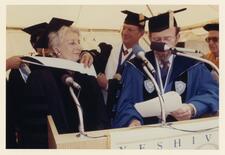Politics and Government
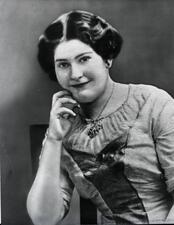
Rose Dunkelman
Rose Dunkelman was an innovative, industrious Canadian Zionist leader who worked tirelessly for the Jewish national cause. Dunkelman was the founder and long-time vice-president of Canadian Hadassah-WIZO. In 1925 she founded the Toronto Hadassah Bazaar, and that same year she was named to the National Executive of the Zionist Organization of Canada.

Andrea Dworkin
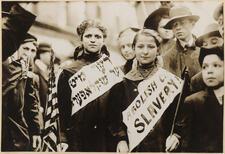
Eastern European Immigrants in the United States
Forty-four percent of the approximately two million Jewish immigrants who arrived in the United States between 1886 and 1914 were women. Although these women were more politically active and autonomous than other immigrant women, dire economic circumstances constricted their lives. The hopes these immigrant women harbored for themselves were often transferred to the younger generation.
S. Deborah Ebin
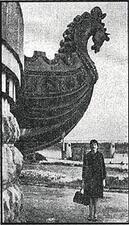
Joanna Eckstein
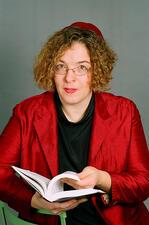
Gesa Ederberg
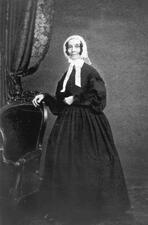
Education of Jewish Girls in the United States
American Jewish girls have had access to a broad range of educational opportunities. Pioneering innovations such as the Hebrew Sunday school opened doors to religious education, while in public schools, training schools, and the hallways of higher education, American Jewish girls pursued secular studies as well. Today, the landscape for American Jewish education has expanded beyond the classroom to include a range of experiential educational opportunities.
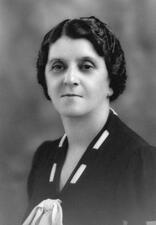
Dora Ehrlich
Sara Ehrman
Hannah Bachman Einstein
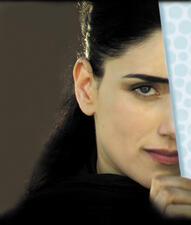
Ronit Elkabetz
Ronit Elkabetz (1963-2016) was one of Israeli cinema's leading actors. Coming from the northern periphery, she played in some of the major Israeli films of the last decades. She is particularly remembered for the trilogy she directed with her brother Shlomi Elkabetz: To Take a Wife (2004), The Seven Days (2009), and Gett: The Trial of Viviane Amsalem (2013), all addressing the issue of the oppression of Mizrahi women in the name of the Jewish religion.
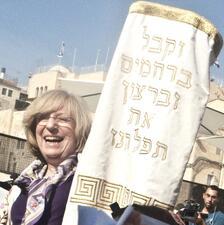
Jacqueline Koch Ellenson
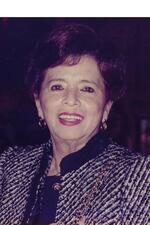
Bruria Benbassat de Elnecavé
Bruria Benbassat de Elnecavé was an ardent activist who dedicated her life to educate Jewish Argentines in general and Jewish Argentine women in particular about Zionism and the State of Israel.
Shulamith Reich Elster
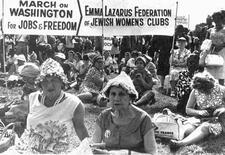
Emma Lazarus Federation of Jewish Women's Clubs
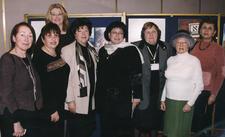
Emunah

Katharine Engel
Katherine Engel helped the massive wave of European Jewish émigrés after World War II resettle and adjust to life in the United States. A renowned emigré expert and Jewish communal leader, Engel was also an outspoken critic of McCarthyism and a tireless advocate of immigration reform.
Judith G. Epstein
Equality, Religion and Gender in Israel
Although the principles of equality for women under the Declaration of Independence and the Women’s Equal Rights Law were not endowed with constitutional force, and the 1992 Basic Law: Human Dignity and Liberty does not expressly include the principle of equality, these laws have been interpreted by the courts as securing the principle of gender equality as a basic principle of the legal system.
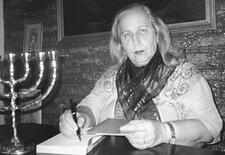
Sara Riwka B’raz Erlich
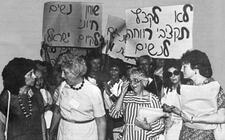
Tamar Eshel
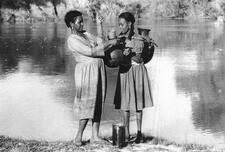
Ethiopian Jewish Women
